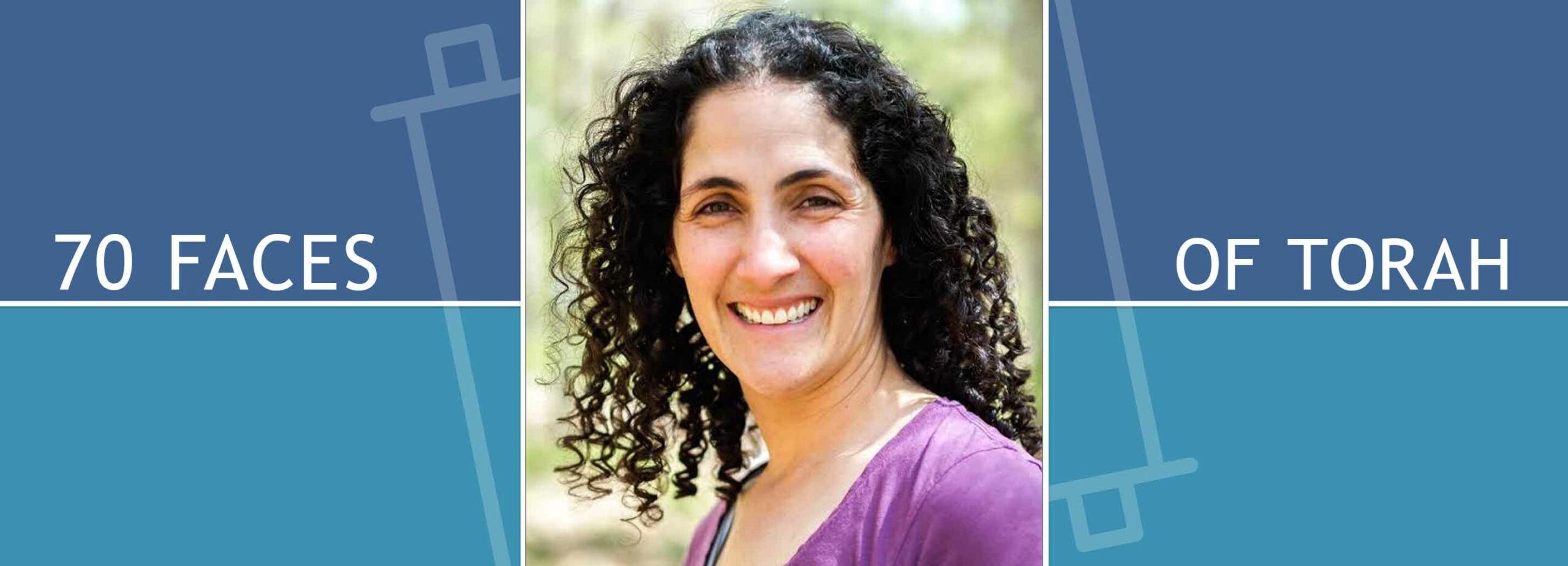Holidays Building Our Sukkot, Rebuilding Ourselves

Sukkot
As a shul-goer and parent (and as a grocery shopper), I spend a lot of the fall wondering why the hagim come so fast and furious. They are relentless, with days off of school and work, seemingly limitless preparation and/or travel, and practically daily trips to the store.
The quickest, most whiplash-inducing turnaround, of course, comes between Yom Kippur and Sukkot, with only four days intervening. More dramatic even than the lack of time between is the intense physical and emotional shift demanded of us. Depleted from a 25 hour fast, we are urged to immediately —after a quick refueling — begin building our sukkah. So basically, “don’t eat for a day, then build a new house.” In the dark. This ideal, of going directly from one mitzvah to the next, only adds to the frenetic fall feeling.
But as a true believer in the wisdom of Jewish tradition, I wanted to interrogate the proximity and pace of these hagim before just complaining about it again this year. So, what if we generously assume for this exercise that the fall hagim are actually strategically positioned on the calendar? What if their sequence and pace is a message in and of itself?
Why place Sukkot so immediately after the Yamim Noraim? Yom Kippur strips us down to our most base and vulnerable selves. We humble ourselves by striking our chests, listing out our collective misdeeds, taking responsibility and, in exchange, we win a fresh start. And what is the first thing we are asked to do on this newly clean slate? Go outside. Build something with our hands. Invite guests. And —very simply — be happy.
With this fresh start, we seem to be given a prescription for happiness and shlemut (wholeness), and we are encouraged to enact it immediately. Going outside is the first step. Even in the dark, there is logic here. Nature is full of reminders of our place in a larger context, of the wonder of so many interconnected creations and of our relative smallness in the world. Doing so at night, when we don’t typically venture out, gives us a new perspective, forcing us to adjust our vision, use other senses and be vulnerable to what we can’t see.
Likewise with the instruction to invite guests. For my family, Sukkot has always been a time to invite more broadly, being mindful of those who cannot build a sukkah or who perhaps have never been in a sukkah. And even with people that we don’t know as well, the sukkah and its eclectic decorations are great conversation starters and an easy way to form new connections. This means that our sukkot crowd is often inherently more diverse, giving us the opportunity to expand our horizons, shift perspectives and hear new stories. Even when we are with familiar family and friends, we sit together in a new and different space, nourishing ourselves in essential ways but also recognizing how we have changed over the last year.
These are the habits that our tradition prescribes for zman simchatanu (the time of our happiness) and they do, indeed, feel wise and ageless —go outside, create, invite guests. But how do we explain the tight turnaround time after Yom Kippur?
We are grateful for a clean slate, but we are also human, and it is our nature to revert to old habits. If not for the requirement to get right outside to build a sukkah, might we overindulge after the fast? Might we easily forget our good intentions forged during the ten days of teshuvah to be mindful in our consumption, in our interactions with family and friends? The mitzvot of Sukkot immediately set a physical and temporal structure for cementing best practices for rebuilding ourselves by physically creating a shelter and by engaging with nature, a wider range of human experience, and our own vulnerability.
No matter how depleted we feel after the first round of hagim (and the tenth round of grocery shopping!), may we all still rush to do these mitzvot as we strive to build a more whole world, one sukkah at a time.
Deborah Skolnick Einhorn, PhD is Associate Dean for Academic Development and Advising at the Hebrew College Shoolman Graduate School for Jewish Education in Newton Centre, MA.

